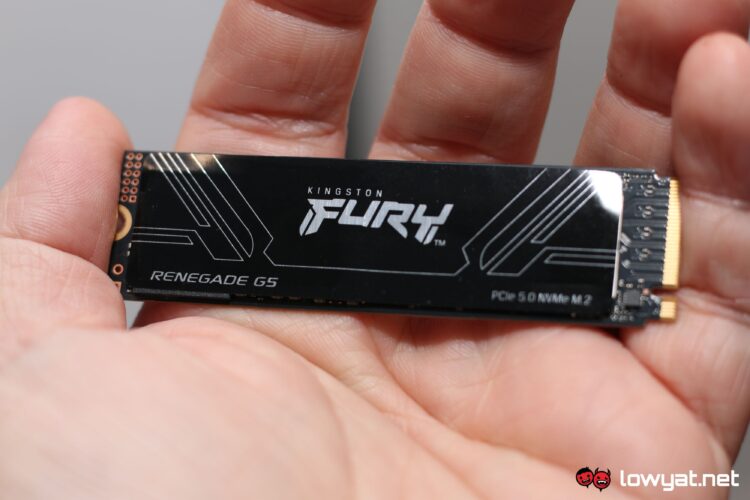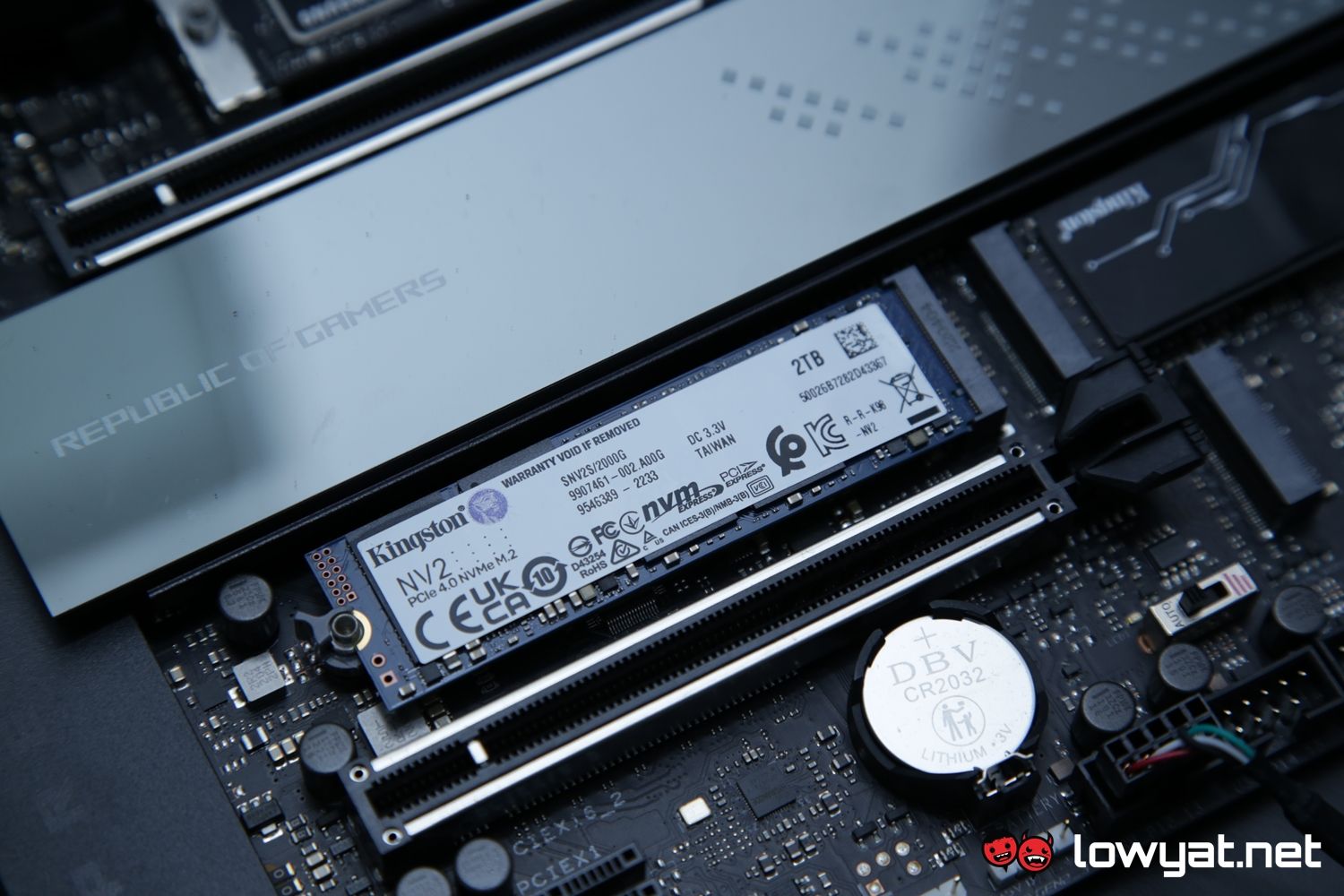A little more than a week ago, a Japanese X user by the name of I love cats (@Necoru_cat) made a couple of posts on the platform, explaining how a Windows 11 24H2 update had supposedly bricked their SSD.
We’re aware that we’re a little to this party, but it is nevertheless an important observation by the Japanese X user. Here’s their breakdown: upon updating their Windows 11 OS with the update KB5063878 on 15 August, their SSDs began experiencing issues, including:
- Being unable to access it..
- Failure to read or write when undergoing heavy write operations to certai NVMe SSDs, specifically when the file approached sizes of 50GB.
- When the sustained write size exceeded 60% of the controller usage, leading to a “high likelihood of file corruption when symptoms occur”.
That last point was later boiled down by Necoru, after they tested a total of 21 SSDs, both NVMe and SATA. A good handful of brands were seemingly affected, including WD, Corsair, SK Hynix, HP, and Adata. Interestingly, all the affected SSDs had one thing in common: they are were using Phison controllers.
In layman’s terms, an SSD controller is the brain of an SSD, and it controls everything that an SSD does. In this case, the bricking bug of the Windows 11 24H2 update affected DRAM-less models of the SSDs. Phison has since responded to the issue, issuing a statement to Neowin.
Phison has recently been made aware of the industry-wide effects of the ‘KB5063878’ and ‘KB5062660’ updates on Windows 11 that potentially impacted several storage devices, including some supported by Phison. We understand the disruption this may have caused and promptly engaged industry stakeholders.
We are steadfast in our commitment to product integrity and the success of our partners and end users. At this time, the controllers that may have been affected are under review, and we are working with partners. We will continue to provide updates and advisories to partners who may have been impacted to provide support and ensure any applicable remediation.
Now the 24H2 update has seemingly come home to roost, with one thread having been started by a member of the forum. To be fair, though, they don’t really elaborate any further beyond starting the post, and by the looks of it, only a couple of users who have responded seem to have allegedly lost their SSDs to the update.



